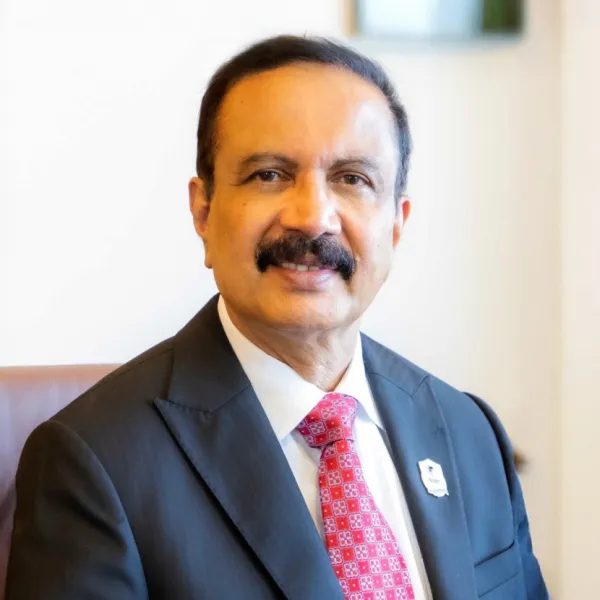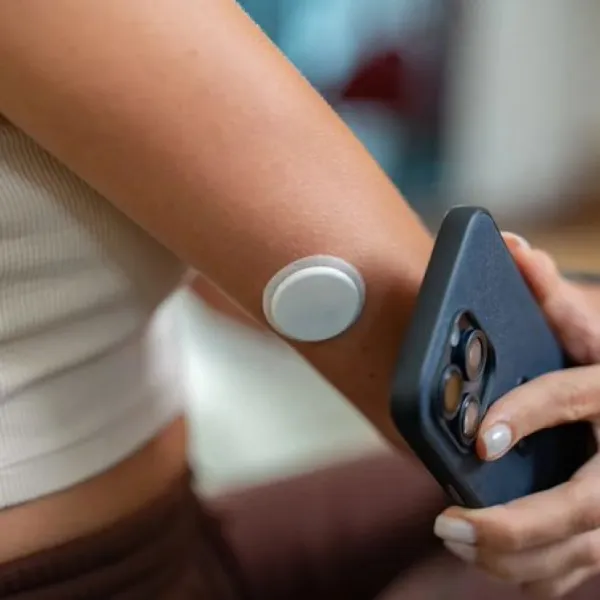India's Medical Devices Industry Set for 5x Growth by 2030: DCGI

He also underscored the importance of a standardized nomenclature for medical devices to ensure patient safety and regulatory compliance.
India's medical devices industry is poised to grow fivefold by 2030, said Drugs Controller General of India (DCGI), Dr Rajeev Singh Raghuvanshi.
It is here to be noted that presently, India imports 80% of its medical devices, with only 20% domestically manufactured.
At a recently organized conference, Dr Raghuvanshi noted the government's efforts to reverse this trend through various incentives, schemes, and policy interventions.
"We have issued over 3,200 manufacturing licenses and 10,000 import licenses in the past year and a half, showing significant progress," he said.
Dr Raghuvanshi stressed the need to improve the import-manufacture ratio and achieve a positive trade balance in medical devices.
"For in vitro devices, we have about 280 manufacturing licenses and around 900 import licenses. Despite manufacturing many in vitro devices domestically, almost 100% of the reagents are imported. This area holds significant business potential and opportunities," he stated.
Benefits of Regulation
He also underscored the importance of regulation for quality monitoring and international acceptance, which collectively enhance industry growth.
"Regulating an industry provides many advantages, the foremost being quality monitoring and standardization, which is critical in healthcare as it deals with people's lives. A regulated industry builds international confidence in the products manufactured, boosting growth. Projections indicate that by 2030, the industry could grow to about $50 billion, five times its current size," he added.
Drawing from his experience in the pharmaceutical sector, Dr Raghuvanshi warned against compromising quality for profitability.
He also highlighted unethical practices and emphasized the need for industry-wide commitment to high ethical and quality standards, given the healthcare sector's critical impact on human lives.
Focus on In-House Reagents
Dr Madhur Gupta, technical officer at the World Health Organisation (WHO), echoed the need for India to develop in-house reagents for diagnostic kits within the next three to five years.
Aligning with the Make in India and Atma Nirbhar Bharat initiatives, this shift would reduce costs and improve access.
Dr Gupta mentioned WHO's focus on creating strategic and regulatory pathways for multiplex diagnostic kits, which can diagnose multiple diseases from a single blood drop.
She highlighted ongoing developments through public sector enterprises and major science agencies such as BIRAC and ICMR, calling for a unified approach to strengthen diagnostic schemes in collaboration with Indian states.
Budget Allotment
Sharing insights, Srinivasa Reddy, senior VP of operations, QRA, and government affairs at SS Innovation, discussed the Union Health Ministry's interim Budget for 2024-2025, which has seen a 12.59% increase and allocation of INR 90,658.63 Cr.
Reddy highlighted the reduction in import dependency in the Indian medical devices sector to 70-80% from over 90% in 2015, despite a rise in high-end medical device imports.
He stressed the need to strengthen the "Make in India" program by opening PLI for advanced medical devices, correcting duty structures, and enhancing support for local manufacturing.
He also underscored the importance of a standardized nomenclature for medical devices to ensure patient safety and regulatory compliance.
Dr Ravinder Singh, senior scientist at ICMR, outlined how proper classification ensures standardization, regulatory compliance, and effective healthcare delivery, facilitating focused research, targeted innovation, efficient resource management, and enhanced patient safety.
The conference featured discussions on the definition and categorization of health products, their roles in preventing disease, promoting health, managing health problems, and providing rehabilitative, assistive, or palliative care.
Stay tuned for more such updates on Digital Health News





























